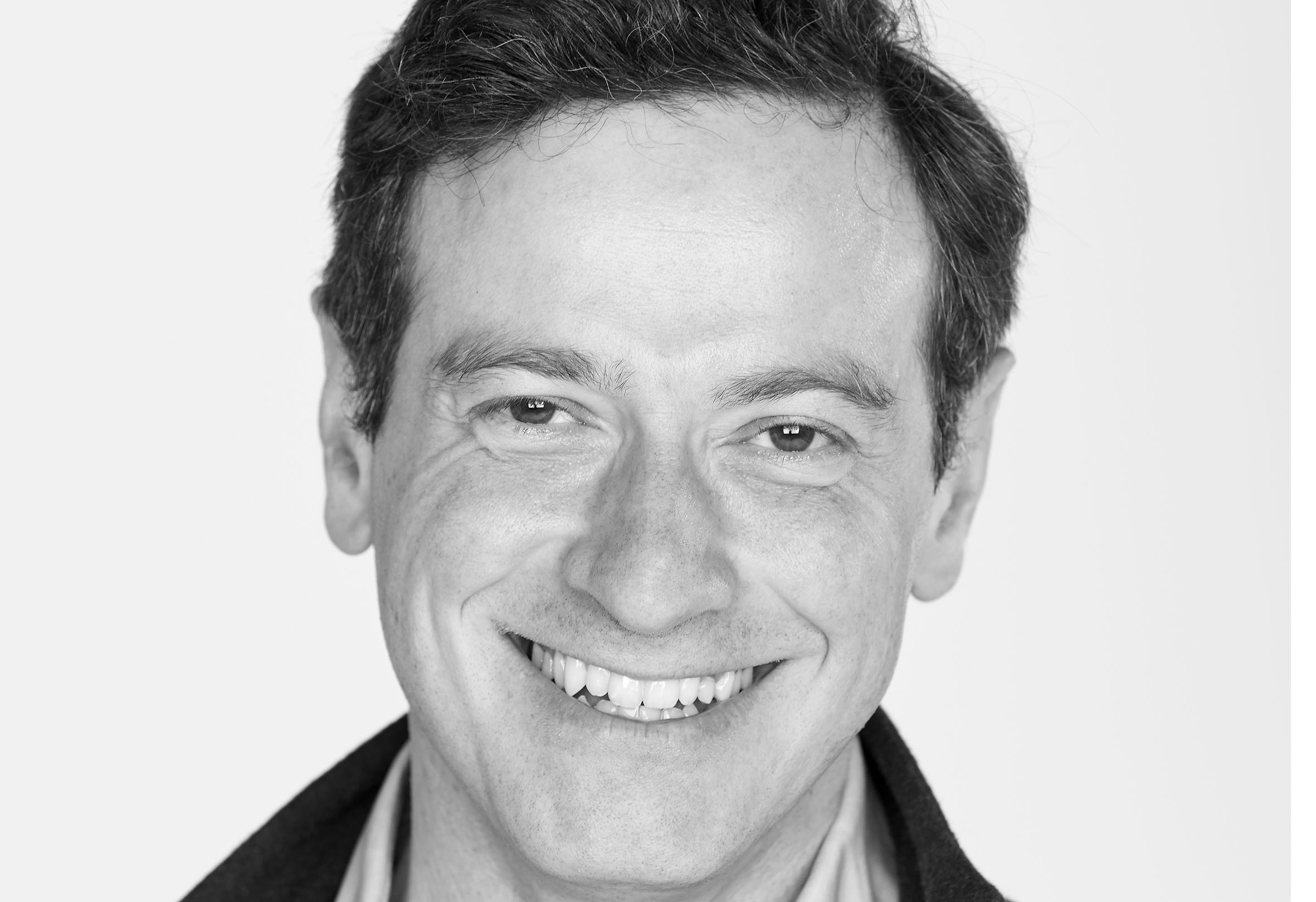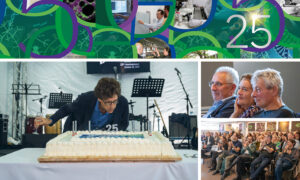
Pathways: Science meets arts
Playwright, author, and art director: skills not often associated with the trade of a scientist.

By Michele Cristovao and Adam Gristwood
But since completing his PhD at EMBL, neuroscientist Giovanni Frazzetto has put on each of these hats, driven by an infectious passion to connect his research with society and culture at large. Now, as an academic coordinator of the College for Life Sciences at the Institute for Advanced Study in Berlin, he helps early career researchers pursue daring and unusual research projects that cross boundaries – in much the same way his own work has.
One looks for the explanation that is most apt – regardless if this is an experiment, a work of art, or a philosophical text.
“My role here is to coordinate an initiative that helps life science researchers think about how far their research can go in its explanations, and explore how different disciplines might help to fill in the gaps – be it history, linguistics, psychology, economics, law, or other,” he explains. “My role involves responsibilities such as screening and selection, facilitating collaborations and providing mentorship. The most important aspect is that fellows are free from any administrative constraints and this delivers an environment that is intellectual, creative and collaborative. Studies are highly varied and range from the reasons underlying the diversity of life, to the evolution of human reproduction, to the neuroscience of memory forgetting.”
Frazzetto learned first-hand the benefits of a multidisciplinary approach whilst studying the neuroscience of anxiety-related behaviour during a joint-fellowship at EMBL and the London School of Economics. “While we are learning a great deal about anxiety, when trying to understand something as complex as emotions it is important to reflect and ask: can the brain tell us how we feel?” says Frazzetto, who last year published a popular science book exploring this question in the context of emotions such as love, joy, grief and anger. “Emotions are something very personal and subjective, and one looks for the explanation that is most apt – regardless if this is an experiment, a work of art, or a philosophical text.”
I have always followed a philosophy of looking beyond the obvious.
As a researcher, Frazzetto often found himself thinking about how he could grab hold of such questions and turn them inside out. He started with small steps – helping with EMBL’s Science and Society programme, taking a creative writing course and submitting articles to magazines. From here, he scaled up, co-directing an art exhibition examining how modern brain science has penetrated popular culture, scribing plays exploring neuropsychological disorders, and setting up a network to connect neuro- and social scientists across Europe. “The skills learned here might apply equally well to jobs in areas as diverse as science policy, technology transfer or science communication,” he explains. “Think about what motivates you – I have always followed a philosophy of looking beyond the obvious: take risks, follow your instincts, and see where it leads.”


